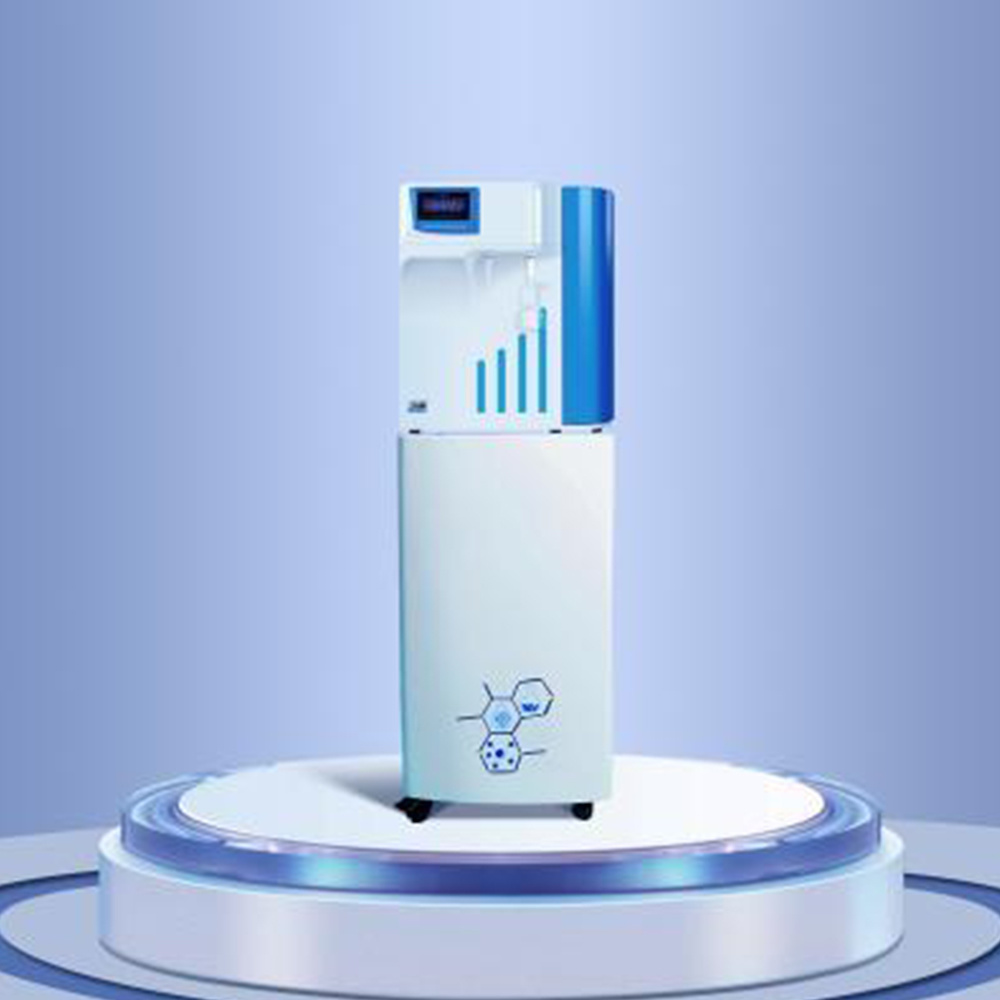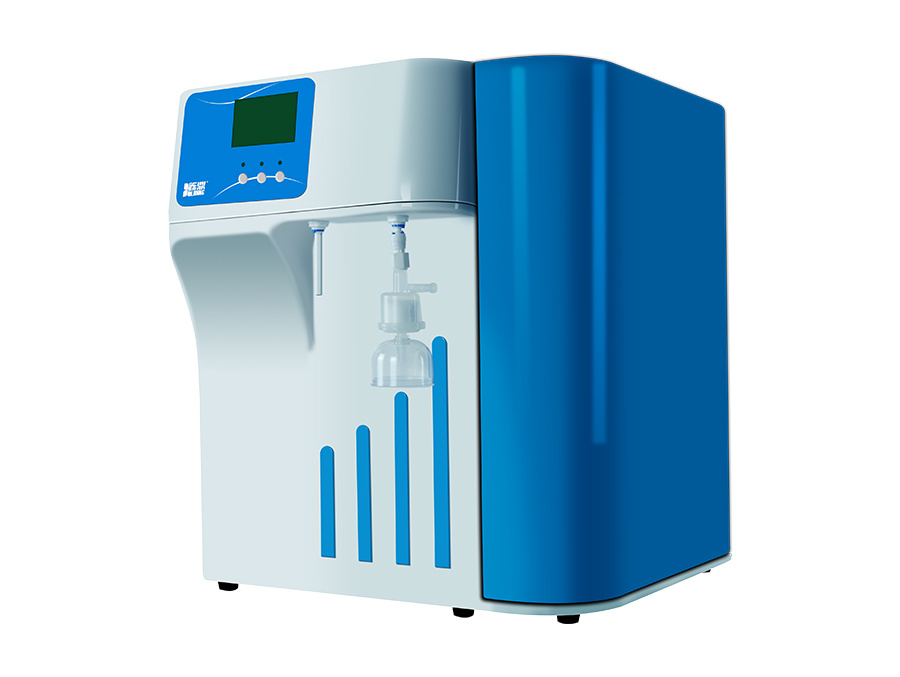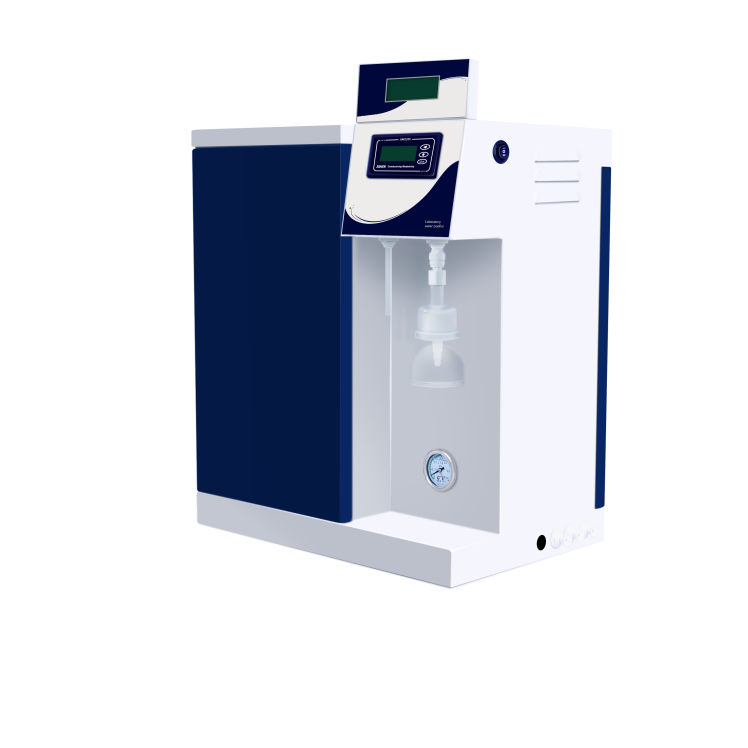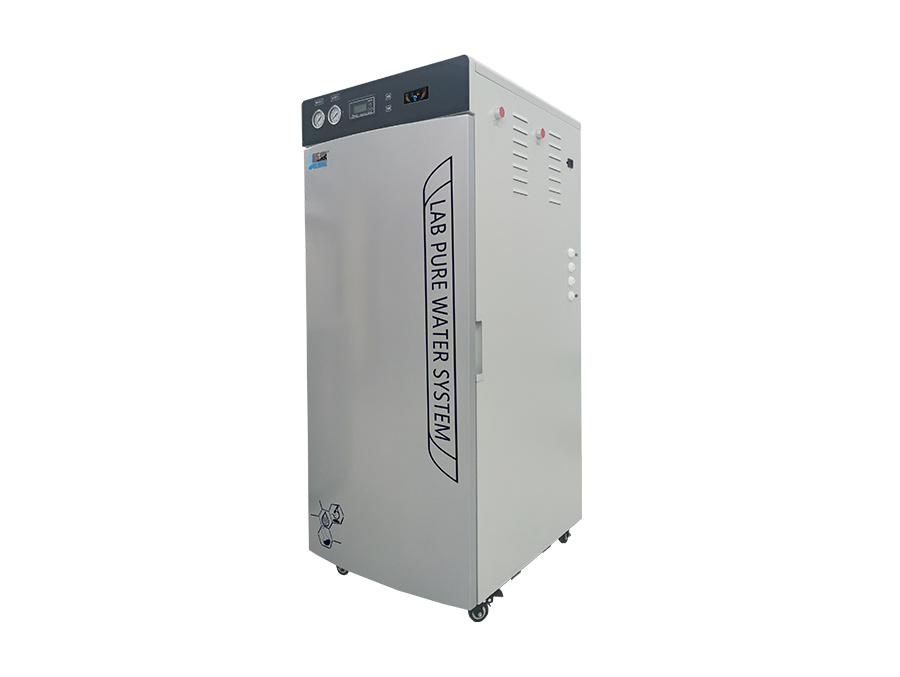Essential Insights into Ultra Pure Water Equipment for Industrial Applications
Time:
Jun 26,2025
---
Ultra pure water equipment plays a pivotal role in a variety of industrial applications where water purity is critical. Industries such as pharmaceuticals, electronics, and power generation require water that is free from contaminants, ions, and impurities to ensure high-quality production processes and product integrity.
The production of ultra pure water typically involves multiple stages of treatment, including reverse osmosis, deionization, and distillation. Reverse osmosis is a widely used method wherein water is forced through a semi-permeable membrane that removes a significant number of dissolved solids and contaminants. Following this, deionization is employed to further purify the water by removing ionized salts. This process involves ion exchange resins that replace harmful ions with harmless ones, ensuring that the water meets stringent quality standards.
Distillation, another essential method, involves boiling water and then condensing the steam back into liquid form. This process effectively removes organic compounds, microorganisms, and other impurities that may be present in the water. These combined methods ensure that the water produced meets the necessary specifications for ultra pure water standards.
The applications of ultra pure water are vast and varied. In the pharmaceutical industry, ultra pure water is crucial for the manufacturing of medications and vaccines, where even trace amounts of impurities can lead to contamination and compromise patient safety. In the electronics sector, ultra pure water is used in the fabrication of semiconductors and microchips, where contaminants can significantly affect product performance and yield.
Additionally, ultra pure water equipment is essential in power generation, particularly in the cooling systems of steam turbines, where impurities can lead to scaling and corrosion, affecting the efficiency and longevity of the equipment. The need for reliable and efficient ultra pure water systems continues to grow as industries expand and regulatory standards tighten.
Investing in high-quality ultra pure water equipment not only enhances production quality but also promotes sustainability by minimizing waste and ensuring the reusability of water resources. Industries that prioritize the implementation of advanced water treatment systems will benefit from improved operational efficiency and compliance with health and safety regulations.
In conclusion, ultra pure water equipment is a critical component in various industrial operations. Understanding the technologies and processes involved in its production can help businesses optimize their water treatment strategies, ensuring the highest quality of water for their specific applications. As industries continue to evolve, the demand for ultra pure water will only increase, making it essential for companies to stay informed and equipped with the latest advancements in water treatment technologies.
Ultra pure water equipment plays a pivotal role in a variety of industrial applications where water purity is critical. Industries such as pharmaceuticals, electronics, and power generation require water that is free from contaminants, ions, and impurities to ensure high-quality production processes and product integrity.
The production of ultra pure water typically involves multiple stages of treatment, including reverse osmosis, deionization, and distillation. Reverse osmosis is a widely used method wherein water is forced through a semi-permeable membrane that removes a significant number of dissolved solids and contaminants. Following this, deionization is employed to further purify the water by removing ionized salts. This process involves ion exchange resins that replace harmful ions with harmless ones, ensuring that the water meets stringent quality standards.
Distillation, another essential method, involves boiling water and then condensing the steam back into liquid form. This process effectively removes organic compounds, microorganisms, and other impurities that may be present in the water. These combined methods ensure that the water produced meets the necessary specifications for ultra pure water standards.
The applications of ultra pure water are vast and varied. In the pharmaceutical industry, ultra pure water is crucial for the manufacturing of medications and vaccines, where even trace amounts of impurities can lead to contamination and compromise patient safety. In the electronics sector, ultra pure water is used in the fabrication of semiconductors and microchips, where contaminants can significantly affect product performance and yield.
Additionally, ultra pure water equipment is essential in power generation, particularly in the cooling systems of steam turbines, where impurities can lead to scaling and corrosion, affecting the efficiency and longevity of the equipment. The need for reliable and efficient ultra pure water systems continues to grow as industries expand and regulatory standards tighten.
Investing in high-quality ultra pure water equipment not only enhances production quality but also promotes sustainability by minimizing waste and ensuring the reusability of water resources. Industries that prioritize the implementation of advanced water treatment systems will benefit from improved operational efficiency and compliance with health and safety regulations.
In conclusion, ultra pure water equipment is a critical component in various industrial operations. Understanding the technologies and processes involved in its production can help businesses optimize their water treatment strategies, ensuring the highest quality of water for their specific applications. As industries continue to evolve, the demand for ultra pure water will only increase, making it essential for companies to stay informed and equipped with the latest advancements in water treatment technologies.
RELATED NEWS








